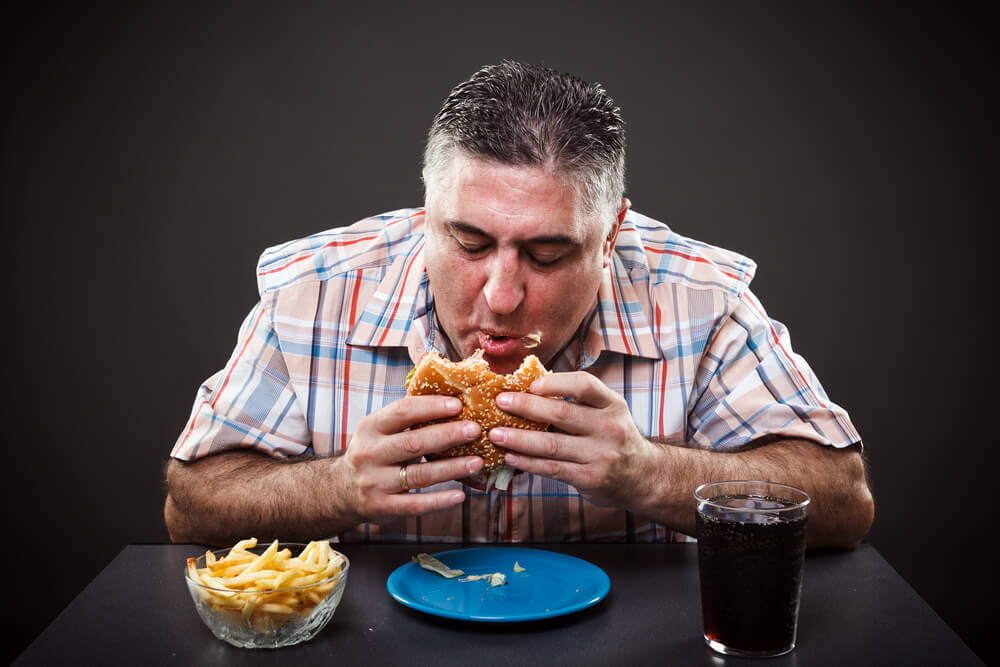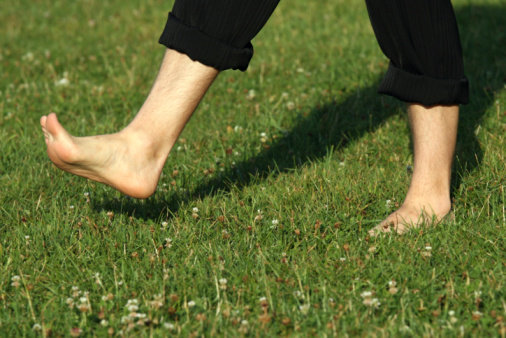
Do you find yourself constantly headed to the snack machine, kitchen pantry, refrigerator or digging in your children's "snack/junk" drawer (even when you are not really hungry?)
Perhaps you are just bored, or out of habit, you walk by your the employee's lounge to see what goodies are left by others. Maybe you are feeling extremely excited, happy, nervous, sad, or even mad at times and reach for something to soothe the nerves.
In fact, experts say that more than 75% of overeating and eating disorders are caused by emotions. We are almost pre-programmed and culturally conditioned to combine food with emotions.
It is no wonder emotional eating has become such a mainstream term to describe reasons why people are overweight, have body-dysmorphic issues as well as spend more than any other nation on weight loss and diet pills and programs, but remain one of the most unhealthy and overweight.
Below is an overview of the causes of emotional eating and tips to refrain from falling into the habit.
When you are stressed it increases your levels of the stress hormone, cortisol. Cortisol makes you have cravings for salty, sweet, fatty foods.

Eating can temporarily make you ignore your emotions (anger, fear, sadness, anxiety, loneliness, and shame).
Eating to give yourself something to do, or to relieve boredom.
Think back to the way you ate as a child. If you were rewarded with sweets for good behavior it could have progressed into adulthood.

Getting together with friends or family is a good way to relieve stress, but it can lead to overeating. Most cultures celebrate (even in death) around food.
It’s easy to overeat because the food is there and you are not noticing what you are eating or how much, and people bond over food.
Surround yourself with positive minded people who care about the type of foods they consume and have a healthy disposition.
Marketers are very clever and place foods exactly where they know people will be attracted to them and most likely buy or "eat."
Places like sporting events, amusement parks and advertisements on the media. It is about the opportunity, and when it is knocking everywhere, people eat.
Self-esteem has a huge role to play here. Individual thoughts are extremely powerful, and a lack of will power, or one's thought of a lack of control, anger, sadness, unworthiness, or any other negative thought will bring on a cascade of action, many times pointing to the control of food consumption.
Eating because of physical cues. Medicinenet.com explains that this is like, skipping meals leads to a headache, and eating to soothe a physiological ailment to make body and mind "feel" better.
You need to understand why you are eating, and what is triggering your eating. It has been suggested to write down notes on when you’re eating because you are stressed or angry.
✸ “Am I really hungry?”
✸ “How long ago did I eat?”
✸ “Is this healthy for me?”
When you are leaning toward food to resolve situational obstacles or feel better in times of anxiety, sadness, anger, loneliness, and frustration, for example, turn toward a non-food source first.
Keep a list of healthy activities that give you a good pick-me-up on a tough day handy and refer to them.


A clean mouth always makes me feel refreshed and does not tempt me to eat food again. Chew on some parsley or xylitol gum if you need oral stimulation.

Your body needs sleep, especially between the hours of 10 pm and 7 am. When people get below 7, work the night shift, stay up past 2 am and are fatigued, they tend to crave the foods that give quick pick me ups and end up choosing the wrong types of foods, resulting in gradual weight gain.
Find a support group or someone to talk to about your feelings and thoughts. Talk about why you are emotionally eating, what are your triggers and why are you feeling this way.
Don't keep your comfort foods in your home so you don’t want it. Also if you are feeling upset or sad, don’t go to the grocery store (especially fast food restaurants) until you are not having those feelings. And generally, just stay away from fast food chains.
If you do emotionally eat, make sure to forgive yourself and start over for the next day. Practice positive daily affirmations (like the one on my www.truthNhealthcom site).
Make sure you learn from it and make a plan for the next time you want to eat when you are not hungry. Also, make sure you focus on the positive changes you are making and give yourself credit for making those changes.
If you have tried self-help options but still cannot get control of your emotional eating try talking to someone who is an excerpt in the field. Therapy can help one better understand and the fundamental causes behind emotional eating and help tremendously.
Source: Helpguide.org, Medicinenet.com
